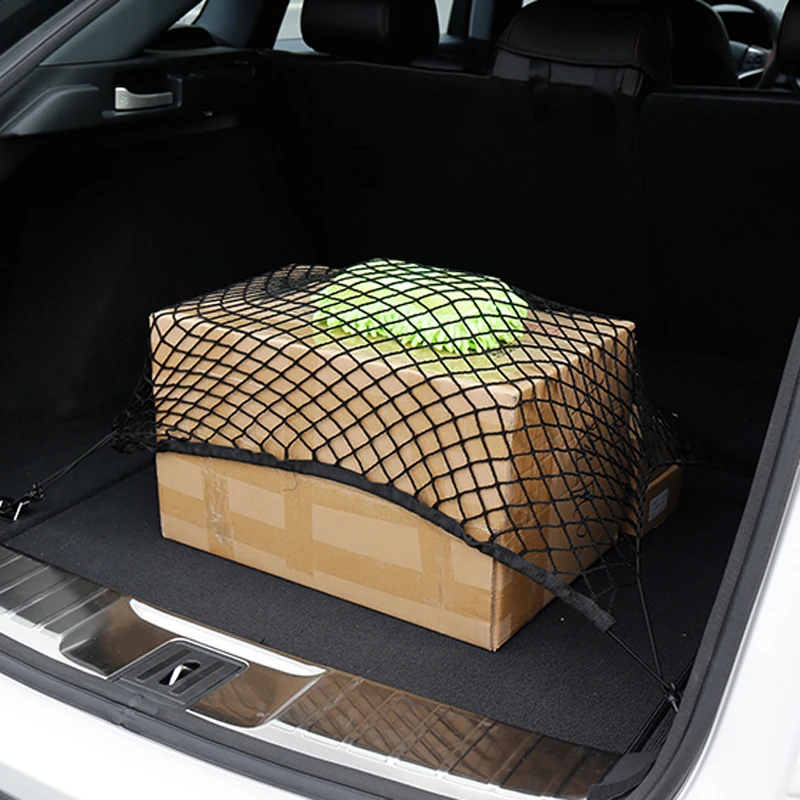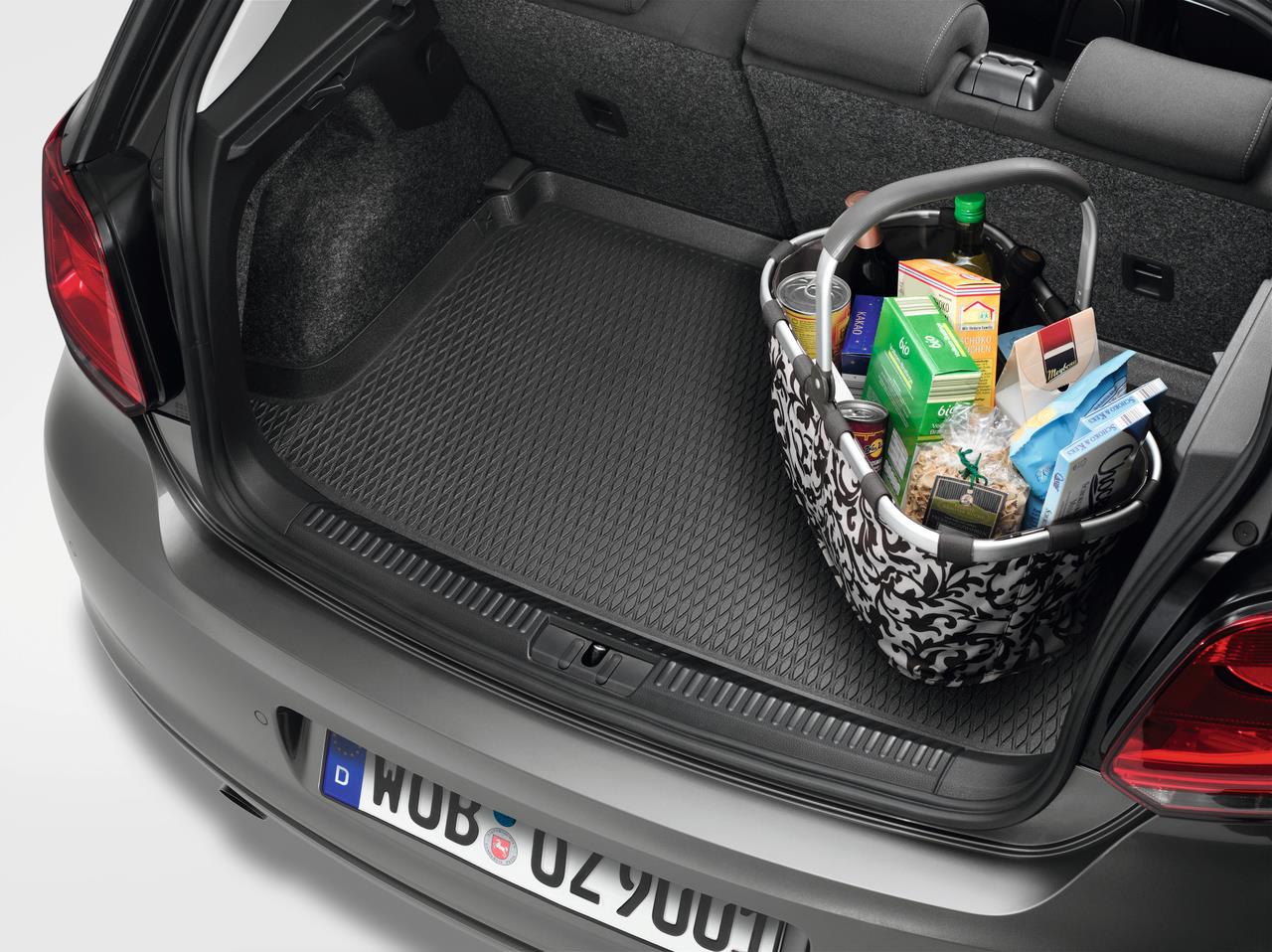
Kokololee Brugerdefinerede Bil Mat Kuffert Til Volkswagen Alle Modeller Polo Golf 7 Tiguan Touran Jetta Cc Beetle Vw Brugerdefinerede Fragt Liner købe | Bedste / Cerec.dk

På tilbud! Bilens Bagagerum Max Bageste Fragt Arrangør Opbevaring Elastisk Mesh-net For Volkswagen Polo Passat B6 Bmw F10, F30 E60 Ford Focus 2 3 Fiesta \ Indvendigt tilbehør - Laegernesofiendal.dk

Bilens Bagagerum Fragt Mesh Net Trunk Organizer Til Volkswagen Vw Golf 6 Mk6 Skoda Superb 2009 2010 2011 2012 Mazda 3, Mazda Mazda 6 5 for < Indvendigt tilbehør \ www.krystalbilleder.dk

Købe Tilpasset bilens bagagerum mat fragt liner til volkswagen alle modeller vw polo, golf 7 tiguan touran jetta cc beetle vw brugerdefinerede gulvmåtter > outlet - Linktolk.dk

1,6 M Bilens Bagagerum Kant Forsegling Strip Støv-bevis For Volkswagen Polo 6r 9n Golf 7 6 5 4 V Mk4 Mk5 Mk7 Mk2 Mk3 Gti Vw Caddy T5 T4 / Indvendigt Tilbehør ~ www.byenssymfoni.dk

Købe For Volkswagen VW Polo Plus 2019 Kuffert Oplagring Rubrik Oplagring Rubrik Reservehjul Rum opbevaringsboks Efterbehandling Værktøj / Indvendigt Tilbehør | Laqua.dk

2stk for vw polo 6n 1994-1999 bil bagfra med høj lysstyrke hvid led nummerplade lys nummerplade lygte / Bil lys ~ www.restaurantjacobsen.dk

Bil styling sport gummi kuffert beskyttende strip klistermærke til volkswagen vw polo passat b5 b6 cc golf 5 6 7 touran t5 tiguan bora | Udvendig tilbehør ~ www.st-coaching.dk

Bil Bagfra Kuffert Spoiler Fløj Til Volkswagen Vw Cc Arteon 2019 2020 Bageste Bagagerummet Bagagerumsklappen Lip-wing Spoiler Carbon Look/ Blank Sort Tilbud < Udvendige dele ~ www.slaegtsbog.dk

4pcs for Volkswagen Polo V VI 2012-2021 Auto Accessories Door Sill Protector Guards Pedal Scuff Plate Trim Car Sticker køb billigt — fri fragt, ærlige anmeldelser med billeder — Joom

For volkswagen vw polo 9n 9n3 2002-2009 12pcs led bil dome læselamper kuffert pærer handskerum nummerplade lys tilbehør ~ Indvendigt Tilbehør \ www.senioruniversitetet.dk

Læder bilens bagagerum måtte til Volkswagen Alle Modeller polo golf 7 tiguan touran jetta CC beetle vw brugerdefinerede fragt liner Tilbud | Outlet / www.seoplan.dk

Bil Styling 90/105cm SUV Bageste Kofanger Beskytter Gummi Kuffert Karmen Plade Scratch Guard Pad FOR VW Golf Passat T5 Polo Honda Civic for / Udvendige Dele \ www.45870326.dk

KJUST VW POLO 2017+ CAR BAGS SET 3 PCS | SELECT YOUR CAR BAGS SET \ VW \ POLO 5D \ VI, 2017+ \ KJUST | CarFitBags.com

4 Kroge Bilens Bagagerum Bagage, Fragt Elastisk Net Til VW Beetle Bora Golf Jetta Passat Polo Golf 6 Gti Tiguan Magotan Sagitar Yeti På tilbud! ~ Indvendigt Tilbehør < Mf-film.dk

Sport 4x4 Gummi Bil Bagfra Kuffert Panel Beskytte Klistermærke Til Volkswagen Vw Passat B5 B6 B7 Golf 4 5 7 Polo, Opel Astra J H Insignier / Udvendig Tilbehør ~ www.byenssymfoni.dk

For Carbon Fiber Bil Bag tagspoiler Kuffert Vinger til Volkswagen VW Scirocco R 2009-V Style topplade Spoiler Bil Styling FRP | Udvendige Dele / Pipipapkassen.dk








